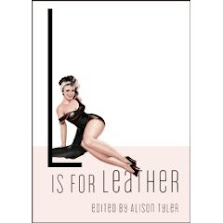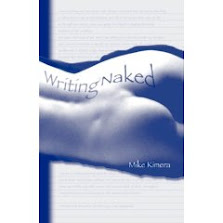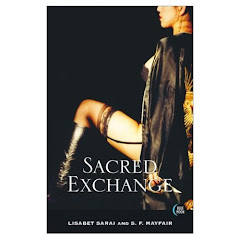Last time I was in the US, I saw one of the Dresden books being promoted at Barnes and Noble but they only had book eight and I’m one of those folks who just HAS to start at book one. So, a few months later, I finally get around to ordering first two in the series “Storm Front” and “Fool Moon” from Amazon. I read them back to back and enjoyed every page.
Harry Dresden is the only publicly practicing Wizard in
Put like that this sounds like pulp-fiction – clichéd to the level of a
But the wonderful thing about these books is that they are genuinely surprising and original. Every monster has a new twist. Every plot is more complicated than it seems. Then you realize that the books are linked and that the whole thing is thought through and that Harry Dresden is much more than a macho magician with a penchant for coats with mantles – he has ethics and weaknesses and he changes as the books go by.
I gulped down the first book like an ice-cold beer on a too-hot day, When I caught my breathe and said “wow” a few times, I put my reader persona to one side and asked myself the writerly question: “How did he do that?”, swiftly followed by “How could I do that?”
The immediacy and emotional impact of the books come from the fact that they are told in the first person. I love writing in the first person and I lost count of the number of times that I’ve been told that although that might work for short stories, it’s not viable for novels. What Butcher shows is that it’s viable for a novel IF YOU’RE GOOD AT IT.
Butcher’s books move along at a fast pace. He is a master a short chapters – eight to twelve pages – each of which starts with a hook and ends with cliffhanger or a punch-line – which may be one reason that he can continue to use the first person. This means that you get straight in to every chapter and you’re always keen to reach the next one.
Plot is central to these books. Each book sets out a problem for Harry to solve and Butcher walks the tightrope of maintaining suspense while providing the reader with all the information necessary to solve the problem. Butcher keeps the promises his opening chapters make to the reader and each book ends with a resolution – of course, in line with the structure of the chapters, each of the first two books has ended by setting up a sequel.
But the most important thing is that Butcher has rethought the mythos without violate or belittling it. He’s taken a cliché and made it into some new and fresh.
Of course, reading a book is a physical as well as an intellectual exercise. I carry books with me everywhere and read them when I dine alone on restaurants, or when my dog and I complete the morning walk with café and croissant at the local patisserie. I like the physicality of books, the weight of them in my hand, the smell when they are new, the texture of the paper in my hands. These days I sometimes indulge myself with hardback versions of books by authors that I HAVE to read RIGHT NOW, like Terry Pratchett or Ben Elton but mostly I buy paperbacks and most of them are from the UK (I live in Switzerland). I read a lot of science fiction and I’ve never liked the garish covers that American publishers use.
With the
So I decided to put up with the smaller size and the crappy typeface they chose. And I made an interesting discovery – one morning I was putting on my duster and my hat to walk the dog through the rain to the patisserie, and trying to figure out where to put my copy of “Fool Moon” when I realized that American paperbacks are designed to fit in the back pocket of your jeans.
How cool is that?
I think Lee Cooper should start an ad campaign with women looking intently at the jean-clad ass of a cool look guy. He thinks they’re checking out his clenched curves but actually their trying to read the title of the novel in his pocket.
Another thing that makes it cool is that, in French (which is what they speak around here) a paperback is called a Roman Poche, literally a Pocket Novel – now I know why.



















No comments:
Post a Comment